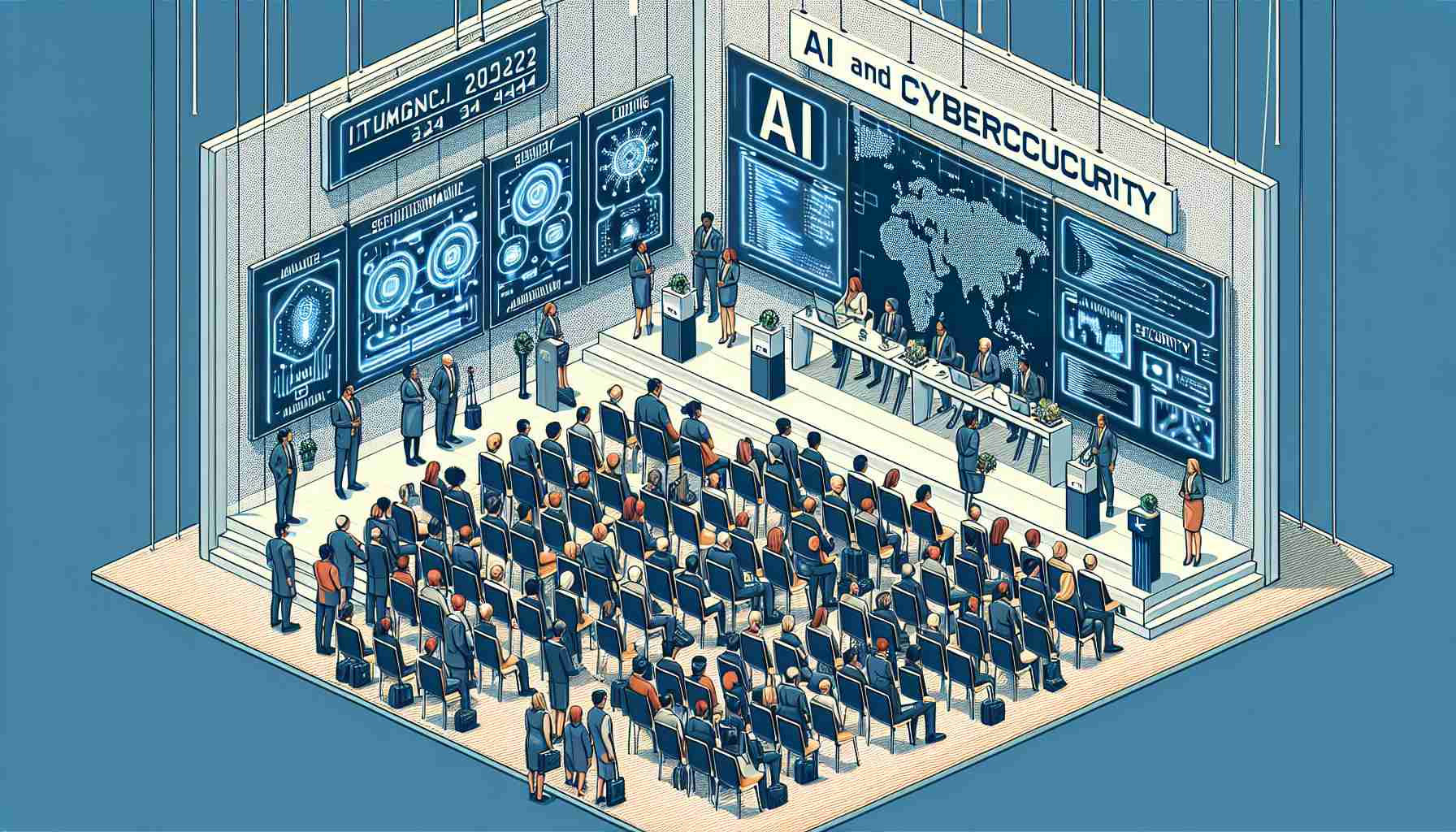Rome Hosts Enlightening Conference on Digital Innovation and Cyber Risks
Recently, Italy’s capital was abuzz with tech enthusiasts and experts converging at the prestigious Teatro Italia for the RHC Conference 2024. This community-driven event, which took place on April 19 and 20, focused on stirring up interest in digital technologies along with increasing awareness about cybersecurity risks.
The Future of AI and Cybersecurity in Italy: An Expert Panel Discussion
The conference shone the spotlight on a vital panel named “Cybersecurity and Technological Innovation in Italy: Between Online Threats and Artificial Intelligence.” Here, security insiders and industry professionals evaluated the challenges and prospects associated with cybersecurity and AI within the Italian setting.
Voices from the Field: Technology Leaders Share Insights
Among the distinguished speakers were Dr. Mario Nobile, Umberto Rosini, Dr. Paolo Galdieri, and David Cenciotti, who brought their diverse experiences from public administration, legal, and engineering perspectives to the fore. These experts addressed the integration of an AI-focused chapter in the 2024-2025 Triennial Plan for Public Administration IT, discussing the potential uses of AI in a variety of technical contexts and its legal implications in the Italian framework.
Connecting AI, Accessibility, and Security: AGID’s Approach
Dr. Mario Nobile stressed the importance of data quality, internal and external competencies, and clearly defined authorizations and controls for AI implementation. He examined the delicate balance between ensuring digital accessibility and maintaining robust cybersecurity measures, suggesting layers of data redundancy and real-time control mechanisms for an inclusive yet secure digital service.
Proactive Emergency Response: The IT Alert Framework
Umberto Rosini detailed the “IT Alert” system’s underlying tenets: procedures, communication, and technology, enhanced by continuous systems’ improvement. He emphasized the importance of AI as a tool for emergency situation technicians, underscoring the blend of human skill and technology in crisis management and response preparation.
A Legal Viewpoint on Cybersecurity Dynamics
Dr. Paolo Galdieri highlighted the transition in viewing cybersecurity from a purely technical to a legal matter, elaborating on the challenges arising from legal frameworks that lag behind the pace of technological advancements. He shed light on how vague regulations around cybersecurity can paralyze action and create fear of legal persecution among IT security experts.
In conclusion, the RHC Conference 2024 demonstrated a strong commitment among Italian experts to navigate the complex waters of AI and digital security, looking to innovative technologies and collaborative efforts to secure Italy’s digital future.
AI and Cybersecurity: Italy’s Growing Concerns and Commitment to Digital Innovation
In recent years, Italy has increasingly embraced the potential of artificial intelligence (AI) and has been vigilant in addressing the cybersecurity challenges that accompany digital transformation. A critical challenge for Italy, shared by many nations, is the need for updating and developing new regulations that keep pace with the rapid evolution of technology. This is particularly pressing as cybersecurity threats evolve in complexity and scale, demanding a legal framework that enables swift and effective responses.
Another controversy surrounds the potential biases and ethical considerations embedded within AI systems. Ensuring that AI respects privacy, prevents discrimination, and upholds democratic values is of paramount concern. The integration of AI into public administration, as highlighted by the experts at the RHC Conference, underscores the importance of transparency and accountability in government use of such technologies.
Key Questions and Answers
1. How is Italy adapting its cybersecurity strategies to face digital threats?
Italy is actively improving its cybersecurity frameworks by incorporating AI and advocating for continuous systems’ improvement. The IT Alert system mentioned by speaker Umberto Rosini is an example of a proactive approach to digital risk management.
2. What main legal challenges does Italy face regarding cybersecurity and AI?
As Dr. Paolo Galdieri highlighted, the challenge lies in creating legal frameworks that are flexible and adaptable enough to keep up with the pace of technological advancement, while also providing clear guidelines that prevent legal uncertainties and fear of legal persecution among IT security professionals.
Advantages and Disadvantages of AI in Cybersecurity
The advantages include the automation of threat detection, the ability to analyze vast amounts of data for insights, and the enhancement of decision-making in emergency responses. However, disadvantages can encompass the risks of AI systems being compromised, biases in AI programming leading to unequal impacts, and the difficulties in creating oversight mechanisms that keep AI’s power in check.
The RHC Conference 2024 takes these nuances into account, aiming to foster a balanced perspective where the bold advancement in AI and digital technologies can harmonize with strong and resilient cybersecurity protocols.
For those interested in the broader context of Italy’s digital innovation and cybersecurity efforts, possible reference websites could include:
– Agenzia per l’Italia Digitale (AGID)
– Milan Chamber of Commerce
– Polizia di Stato
Please note that only the main domains have been provided, without linking to specific subpages or articles.
The source of the article is from the blog krama.net

